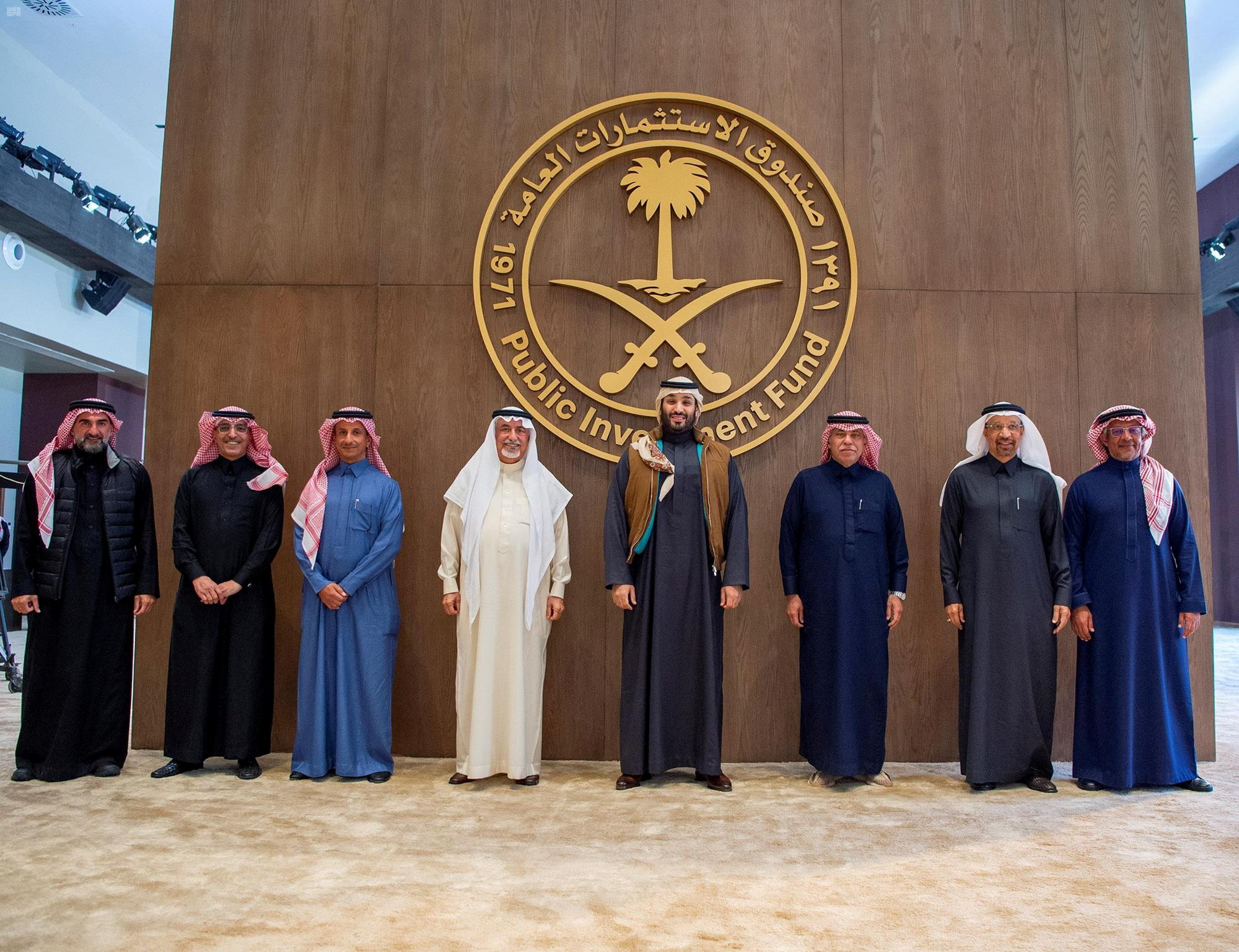From Jeddah to Abu Dhabi: The GCC's Bid to Economic Diversification
Quoted as "repressive" by Amnesty International, the Persian Gulf is an area that suffers from an inaccurately construed vision through the lenses of the western world due to the distinctiveness in its cultural, moral and ethical values. This region is regularly undermined as an economical colossi, present in significant aspects of international politics. Prime examples that evidence its presence throughout the globe are the variety of nations that have struck Free Trade Agreements with the Gulf countries, ranging from the European Union to the Mercosur states, aiming evidently to boost exports, foreign investment and a more renowned presence regarding overseas affairs.
Admitting to a certain level of economic downturn in recent years, presumably as the worldwide pandemic interfered with various levels of society, the Gulf Cooperation Council countries required a cohesive reaction in order to combat the harsh crash that occurred in the oil industry. Composed of 6 states, Saudi Arabia, Qatar, United Arab Emirates, Kuwait, Oman and Bahrain, the GCC has the first 4 as decisive members in OPEC. Saudi Arabia and the United Arab Emirates alone hold just over 30% of OPEC's proven crude oil reserves, with OPEC claiming over 80% of the world's oil reserves. Amidst a desired transition into renewable energies in the western sphere of influence, it is remarkably fundamental to understand the GCC's current role in this process, together with its adaptability to such alterations. From reductions in oil production to the industry's fiscal contributions to local GDP's, a more thorough socioeconomic comprehension and analysis is essential to be acquired, in order to rationalize resilient answers regarding an ever changing competitive market and its various necessities.
According to Deloitte reports, the overall demand for oil has dropped by 18% ever since the beginning of 2020, implicitly causing a decline of 70% in prices of the Oil and Gas Industry (O&G), an all-time high in 17 years. Accounting for over 50% of the GCC's fiscal revenues, with the UAE as the sole exception, coupled with a macroeconomic projection indicative of a global economic depression, there has been efforts put into diversifying economic sectors with all member-states creating various plans as "visions". In Saudi Arabia's case, the most powerful of the 6 nations, it aims to reduce its oil dependent economy through sourcing the required means to create an "investment powerhouse", aiming to unlock promising economic sectors, encouraging job growth through small and medium enterprises (SME) and micro-enterprises. GCC states, through Public Investment Funds as a central financial engine for economic diversification, by unlocking investment, innovation and technology, and strategic
economic relationships.
In accordance to Standard Chartered, the UAE's plan to reposition its economic future involves an array of initiatives, such as implementing structural reforms to liberalize residency, providing financial assistance to attract start-ups and boost entrepreneurship, and constructing international connectivity as well as a robust logistics network to strengthen the country's role in the global economy. Whilst also employing the correct direction, GCC leaders have the potential to not only solve current difficulties, but also preempt and address future ones by adopting a strategic path and its underlying policies to manage the longer-term crisis. In Saudi Arabia, ACWA Power, a power generating and desalination company, is constructing the world's largest green hydrogen project - a 4.2GW wind and solar facility - in the kingdom's futuristic NEOM city on the Red Sea. Additionally, ACWA Power secured a US$7 billion deal with Oman Oil and Air Products in late 2021 to create green hydrogen in Oman.

Having cohesively targeted this crisis as a unity, the GCC's key intuition would be to not focus exclusively on the current business space, but to leverage the crises' momentum to further accelerate the construction of its transformation platform in order to thrive in the future. With great opportunities to extend its economic influence, it can be securely assumed that there is a bright future ahead for the Persian Gulf's countries and their respective economies.









Comentários